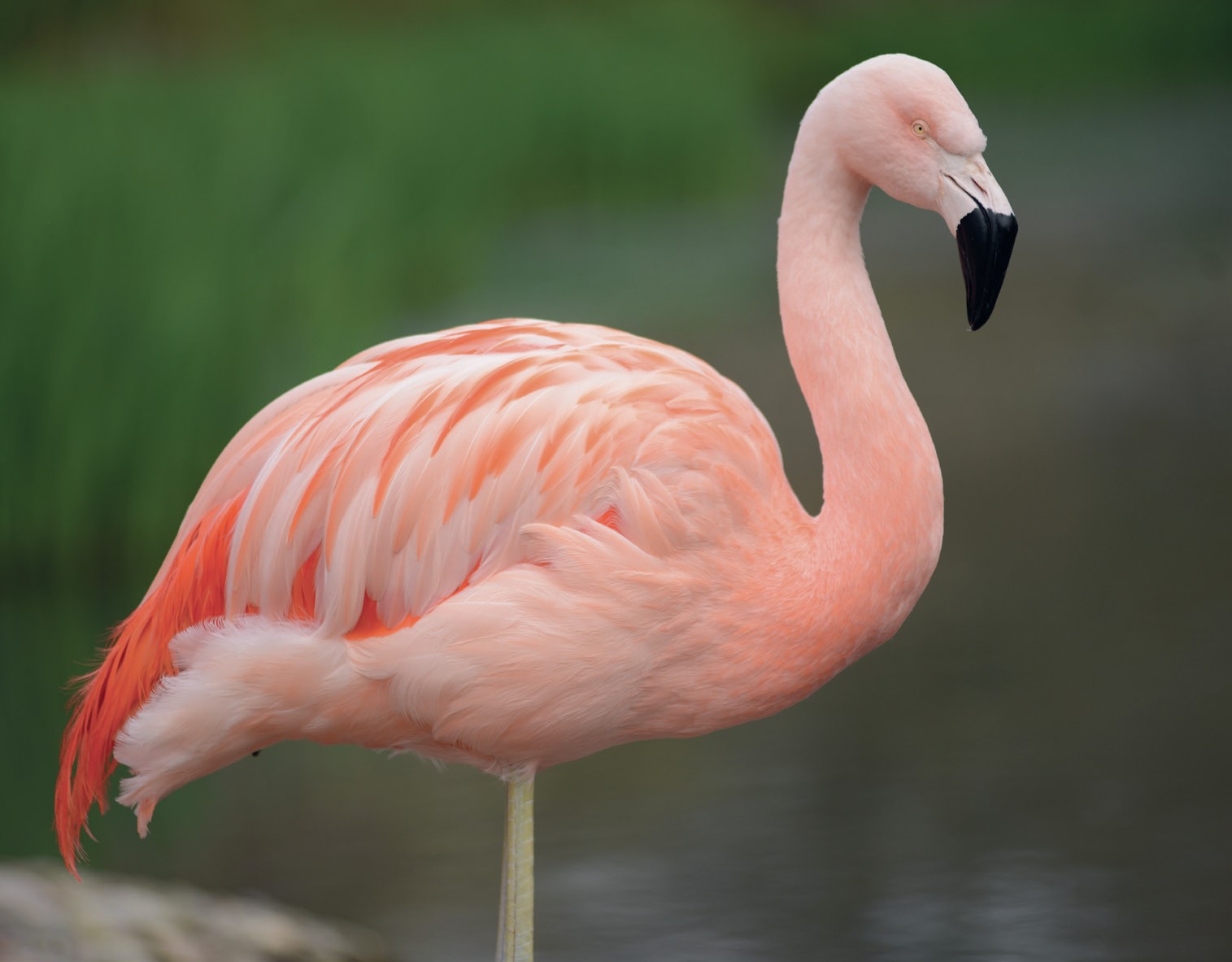
It can be misleading to assume that we know what animals need to be content. Humans often identify with other animals that look and act like us, such as great apes. For less relatable animals, including flamingos, it is harder to guess what makes them comfortable. This lack of understanding can lead to poor welfare in captivity.
By anthropomorphising (attributing human traits to animals), zoos can make decisions on their behalf that create inappropriate conditions. Our aim was to discover what makes flamingo friendships tick, so that we can encourage better social health in zoo-housed populations.
Your organisation does not have access to this article.
Sign up today to give your students the edge they need to achieve their best grades with subject expertise
Subscribe




